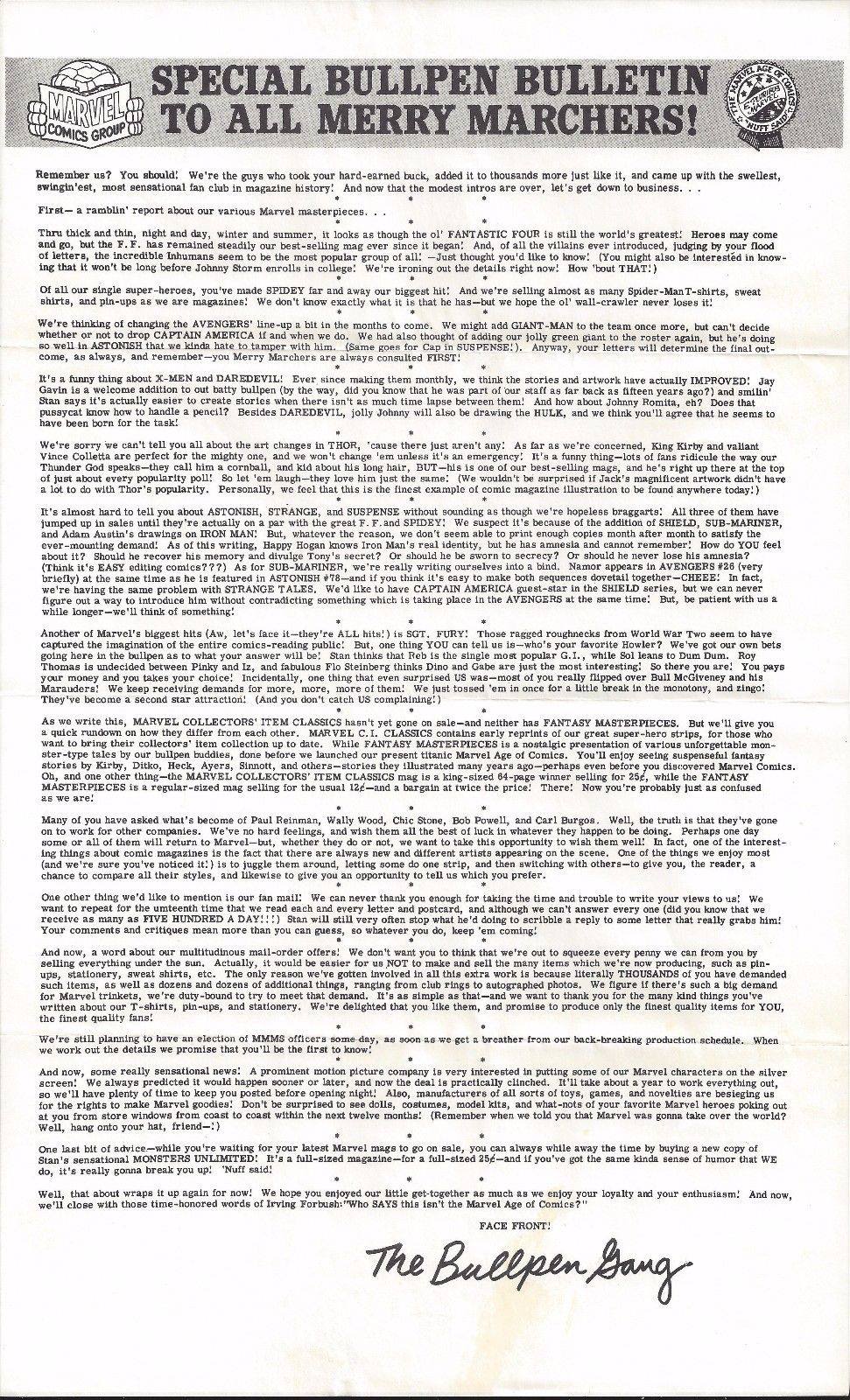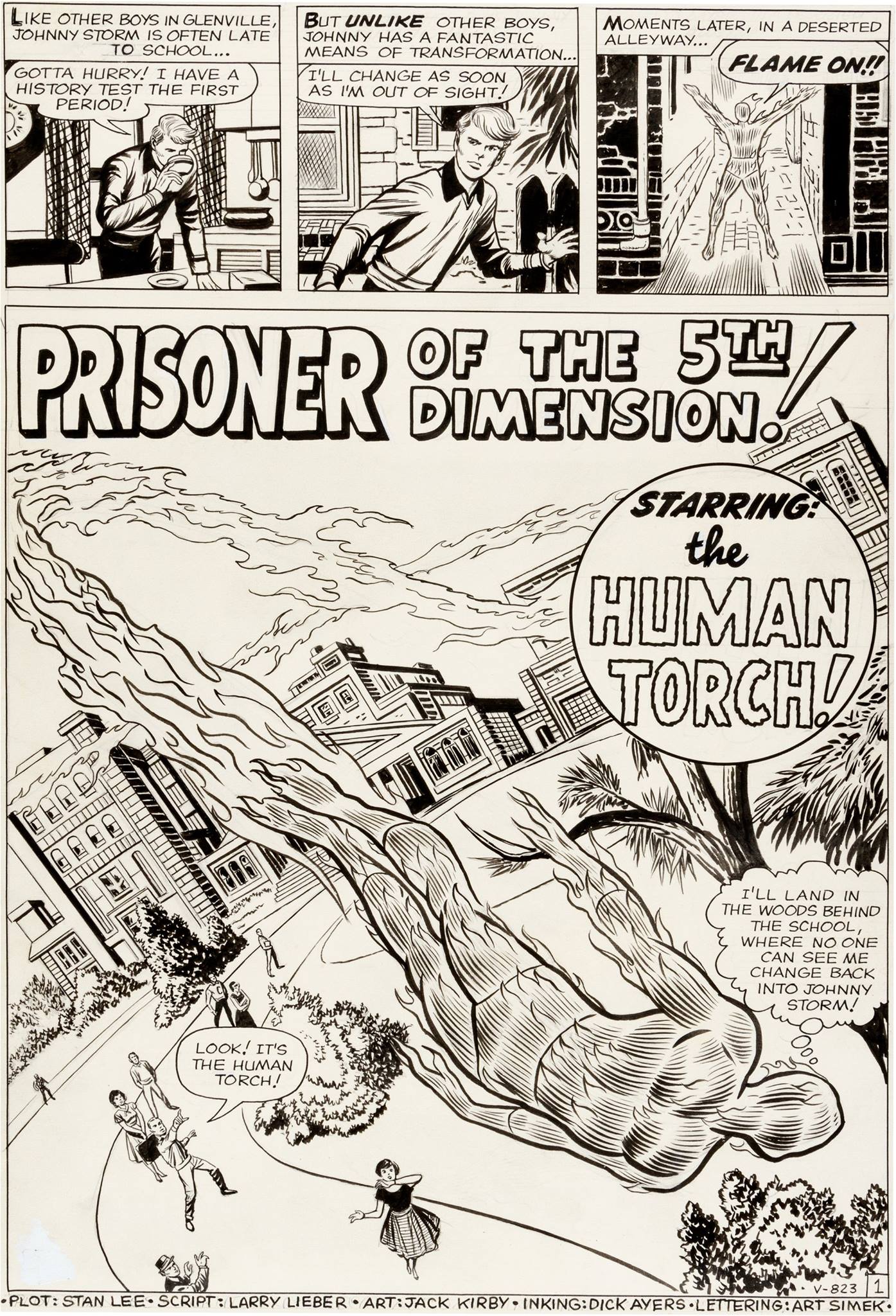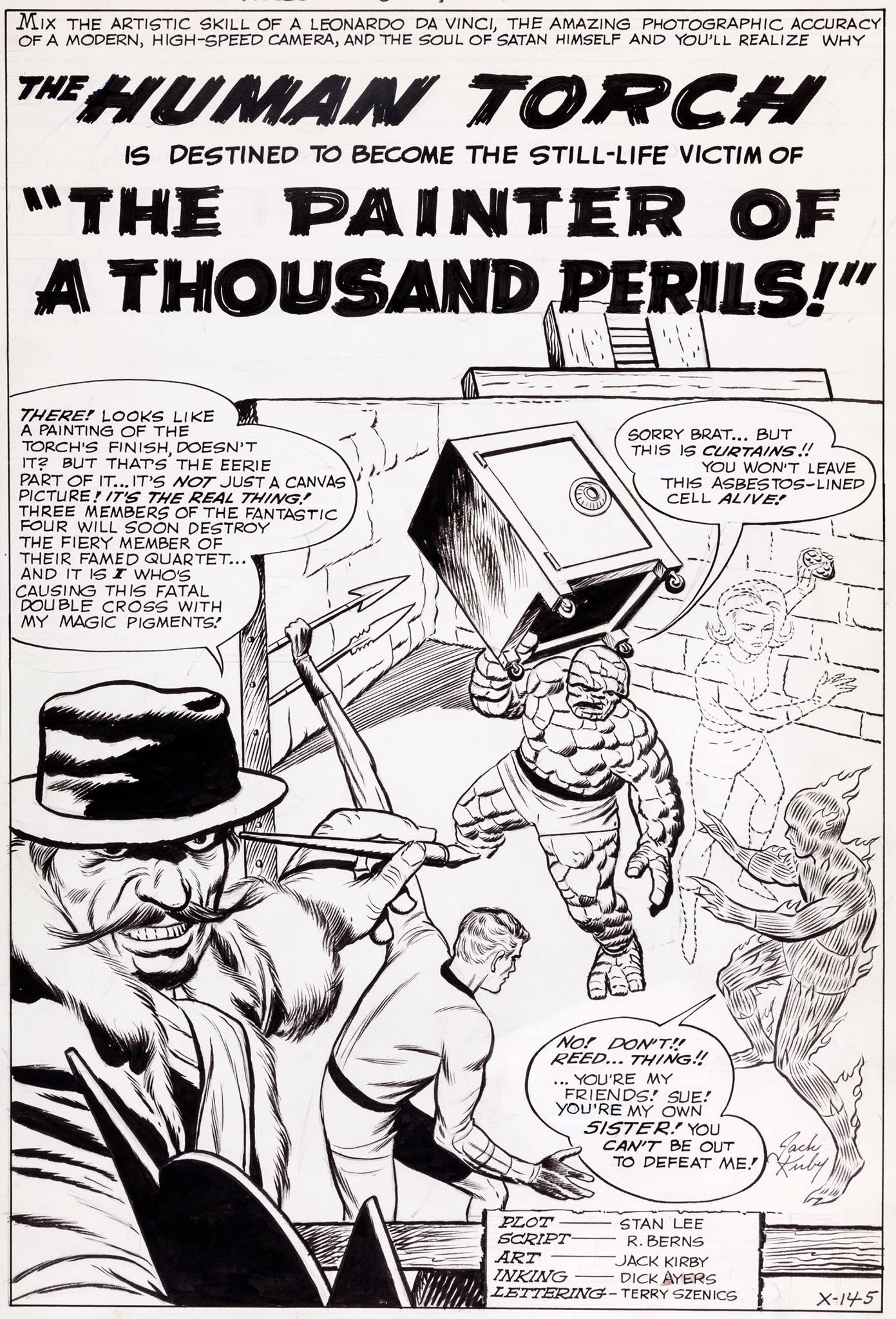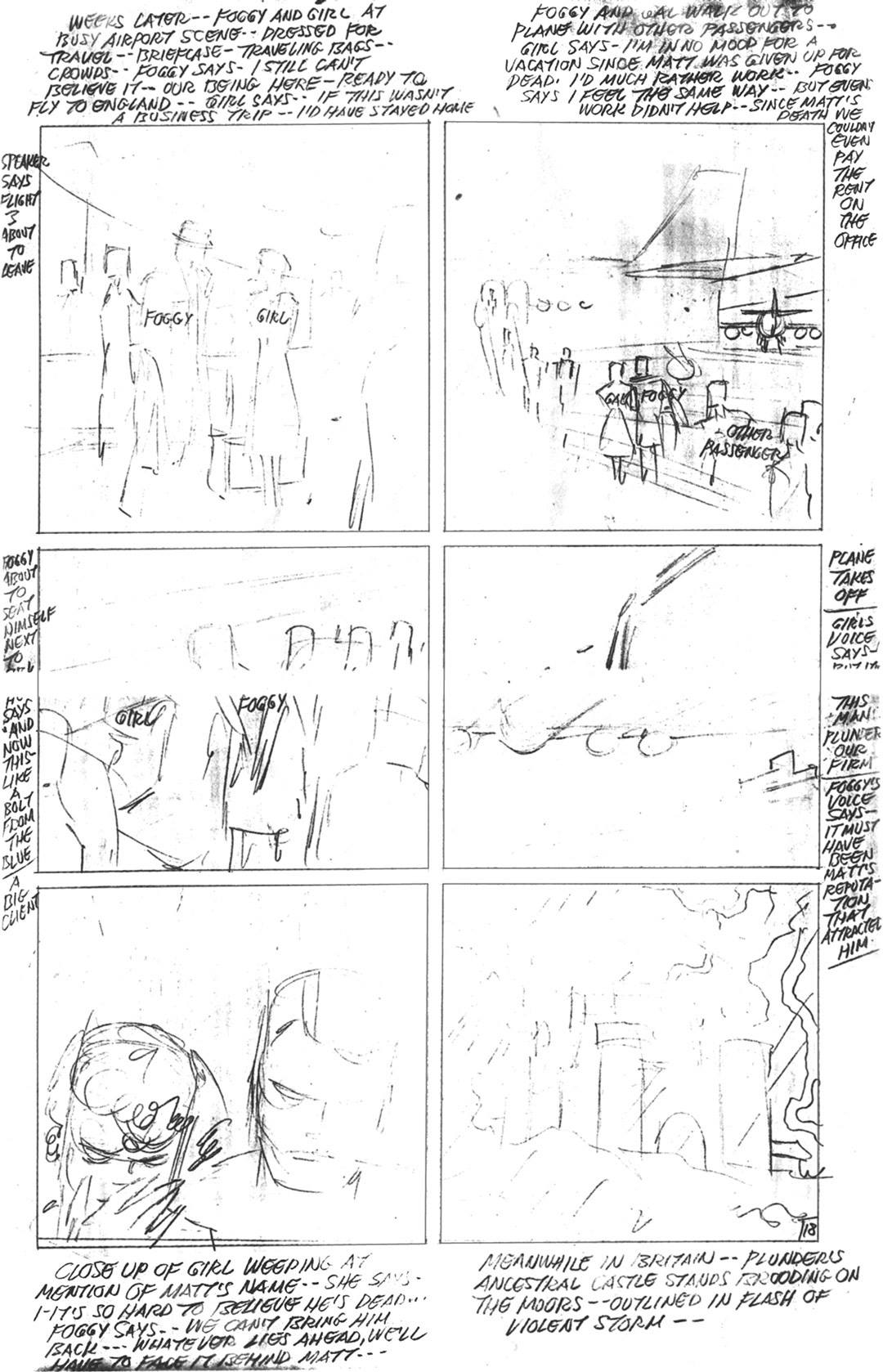home
More writer-artists left (and more margin notes)
[Editor's note: The newsletter acknowledges that Paul Reineman, Wally Wood, Chic Stone, Bob Powell and Carl Burgos all left. Burgos created the original Human Torch. Wally Wood had been one of the most respected writer-artists at EC comics. Bob Powell co-wrote the first appearance of DC's Blackhawk. Yet Stan Lee only paid them as artists, and implied that they were easy to replace: "There are always new and different artists appearing on the scene."]

J David Spurlock
16 August 2016
Toward the bottom, of this official 1966 MMMS bulletin newsletter,
Marvel reports on Wood and others QUITTING Marvel
Michael Hill: Nice. "There are always new and different artists
appearing on the scene," but only one writer.
J David Spurlock: In a prior MMMS Bulletins issue, Marvel announced
that Wood would "start" plotting DD with issue #9 — though the letters
page of DD#6 already acknowledged that Stan did not plot #7...
Patrick Ford: Lee's habit of granting LOC page "credits" while not
crediting creators for writing in the published story credits hints
very-very-very strongly that the published story credits were in part
tied to invoicing. Lee wanted the money.
Patrick Ford: Keep in mind that Lee began taking regular published
plot credits in comics cover dated Nov. 1962, the first month Marvel
(Lee) began running credits in boxes on the splash pages.

Patrick Ford: There are many Lee advocates who claim that no one cared
about credit for plots during the late '50s and early '60s. If that is
the case then why did Lee take so many published plot credits?

J David Spurlock: As a rule at 1960s Marvel, plotting "artists" got no
plotting credit or pay — someone else wrote the dialogue and received
full credit and pay. This was a tragic double-standard as, plotting
"writers" often did get "plot" credit as well as pay, though another
writer dialogued. Wallace Wood, Steve Ditko, and Jack Kirby are among
the Hall of Fame talents who left Marvel, largely if not primarily,
over this situation. Each received a bit of plotting/writing credit
after much debate, right at the end, — too little, too late — just
before they finally quit.
Patrick Ford: Here's another thing to roll around in one's head. When
Lee took a plot credit it was for something Lee himself described as
"just a few words." However Kirby was not getting a plot credit or pay
for something which looked like this.

Patrick Ford: And of course Lee's "just a few words" were more likely
than not derived from ideas Lee did not come up with himself.
home



